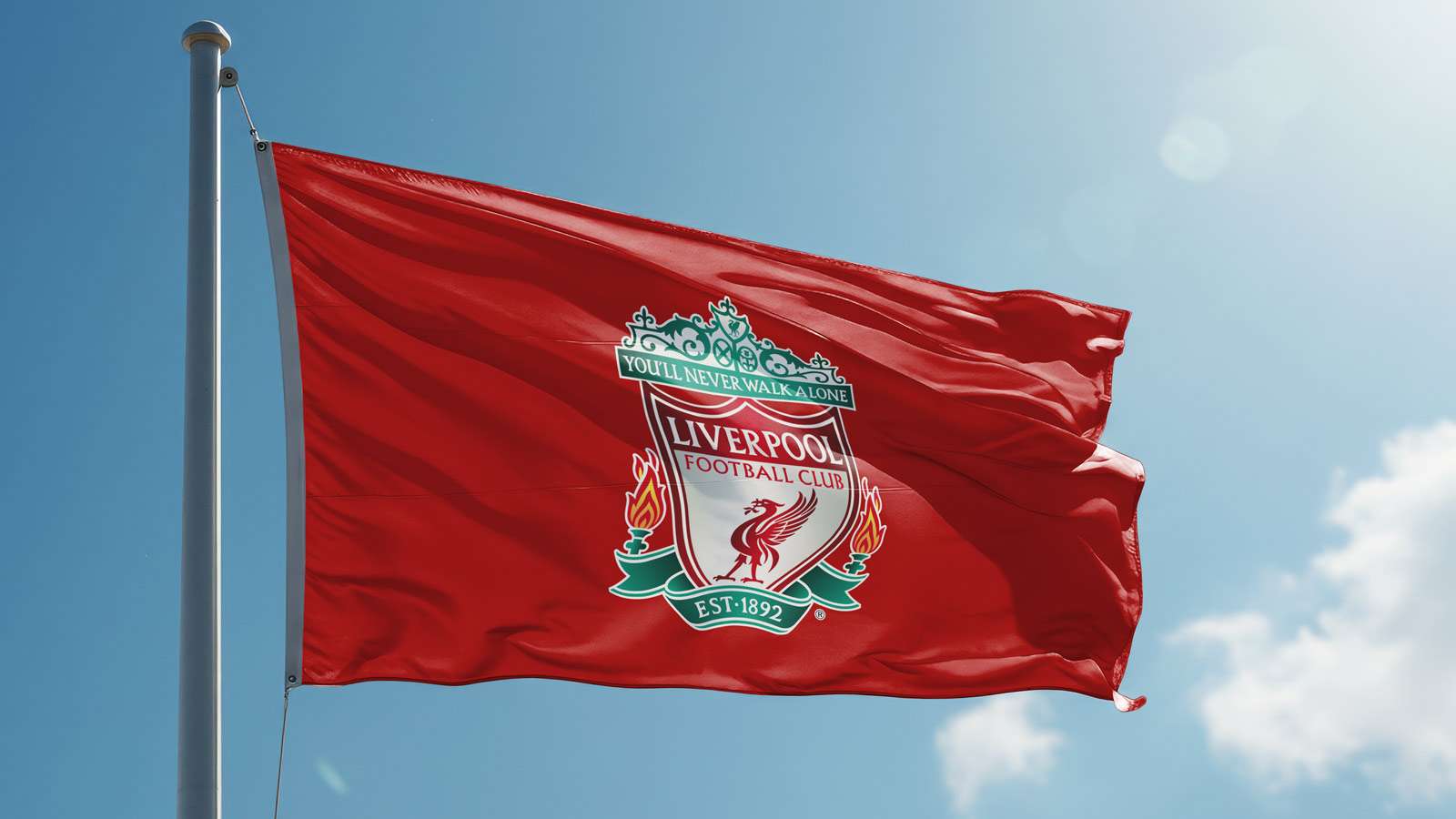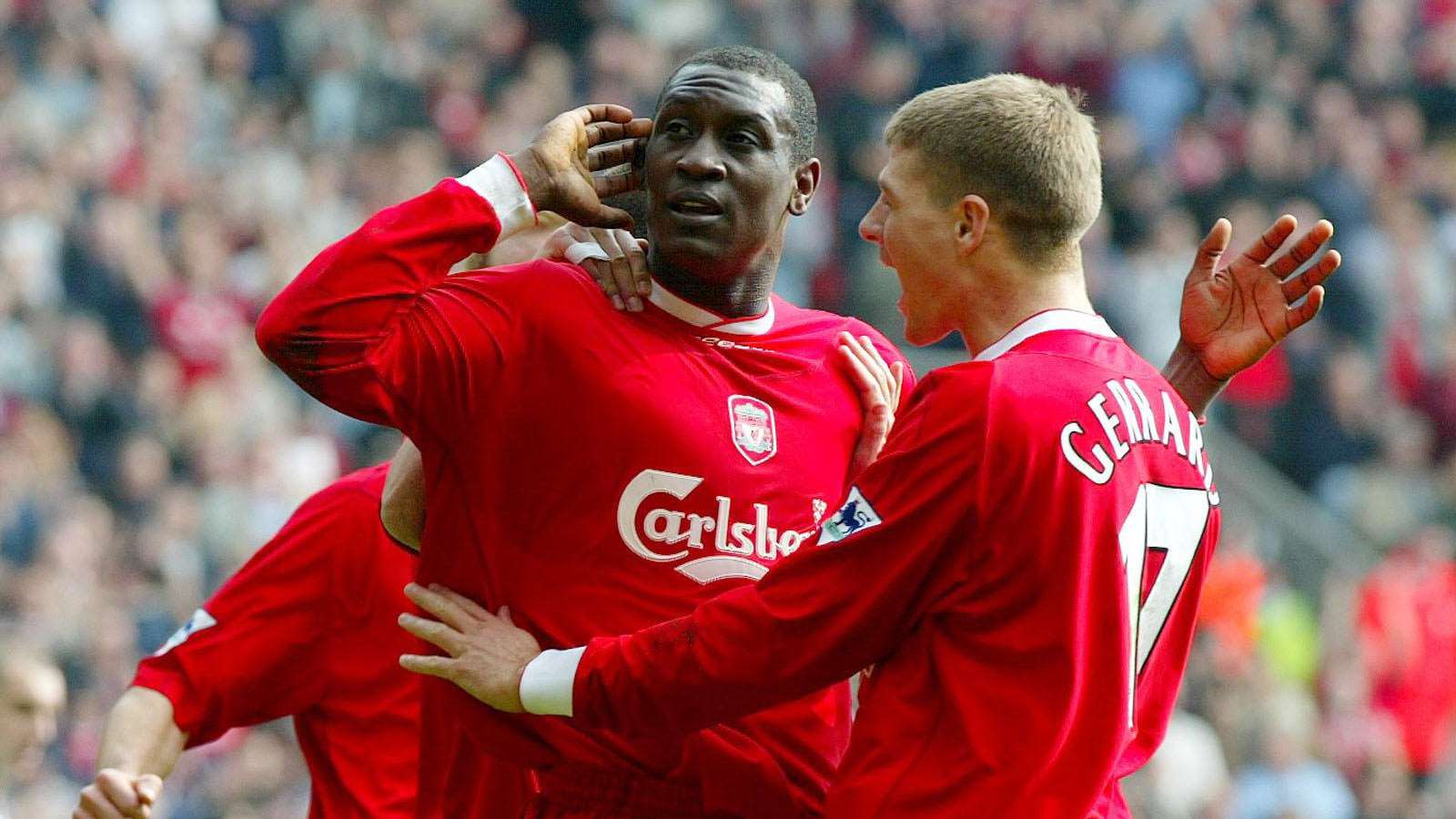Liverpool’s 3-0 defeat to Crystal Palace highlighted the club’s struggles in October, with Arne Slot’s bold rotation and back-three experiment backfiring.
Liverpool’s 3-0 defeat to Crystal Palace on Wednesday night wasn’t just another loss it was a stark reminder of the challenges facing Arne Slot in what has already been a testing month for the Reds. From the moment the team sheet was announced, it was clear that this wasn’t a match the Merseyside club intended to prioritise. Slot opted for a side dominated by Under-21s, retaining only a handful of senior figures, a gamble that proved costly against a full-strength Eagles XI.
The first 40 minutes, however, suggested the youngsters might not be completely overawed. Former Liverpool defender Stephen Warnock highlighted the performances of Wataru Endo, Joe Gomez, and Andy Robertson, praising them for keeping the side competitive in the early stages.
“The back three of Liverpool have been superb, so far, but it is Joe Gomez’s error,” Warnock told BBC Sport. “It falls to Ismaila Sarr and he rifles it in. It is a great finish.”
Warnock’s assessment reflects the reality of Liverpool’s night flashes of competence undermined by small mistakes with big consequences. Slot’s decision to field a back three, while tactically intriguing, perhaps backfired given the squad available.
“If Liverpool had five senior centre-backs among their ranks, there would be no reason for them not to try it out,” Warnock added. “However, with the club only having three fit senior centre-backs available to them at the moment, it feels like a bit of a risk to play with three at the back.”
Indeed, the Reds’ rotation policy was bold but ill-timed. While Liverpool’s academy talent is impressive, the gulf in experience against a seasoned Crystal Palace side was exposed once the first goal went in. Ismaïla Sarr, ever the tormentor, punished lapses in positioning and composure to secure a commanding lead for the visitors.
Yet there were positives amidst the carnage. Up until the breakthrough, Liverpool looked competitive in spells. Stephen Warnock even remarked that three players were “superb” during this period, suggesting that the Reds still have the tools to compete when they get their defensive structure right and the players execute their roles with discipline.
Slot’s experimentation with formation and personnel signals a manager trying to find solutions in a difficult moment, even if the timing is questionable. October has been a nightmare for Liverpool the club has lost more matches than any other in Europe’s top five leagues since September 27th. These statistics underline a worrying trend: the Reds’ form is not just poor, it is historically concerning.
Despite the turmoil, the willingness to rotate and test new approaches could be seen as a silver lining. Liverpool possess world-class quality across the squad, and Slot is actively seeking answers, trying to identify a winning formula amid an alarming slide. But the pressure is mounting. With the team failing to recover momentum over the past month, there’s a growing sense of urgency if Slot cannot arrest the decline, Liverpool risk a season without silverware before 2026 even arrives.
This match will linger for the young players involved, offering lessons about the intensity, pace, and mental demands of Premier League football. Yet it also serves as a cautionary tale for Slot: experimentation is a luxury that can be afforded only under certain conditions. Against Palace, the combination of youth, rotation, and tactical tinkering simply didn’t work.
Liverpool now face a crucial period, starting with the upcoming clash against Aston Villa. If Slot can blend experience with emerging talent and resolve the defensive frailties that continue to plague the side, there is hope. But the window for solutions is narrowing, and the Reds’ fans will be watching closely, aware that the slip from champions to also-rans can happen fast in the unforgiving landscape of top-flight football.




